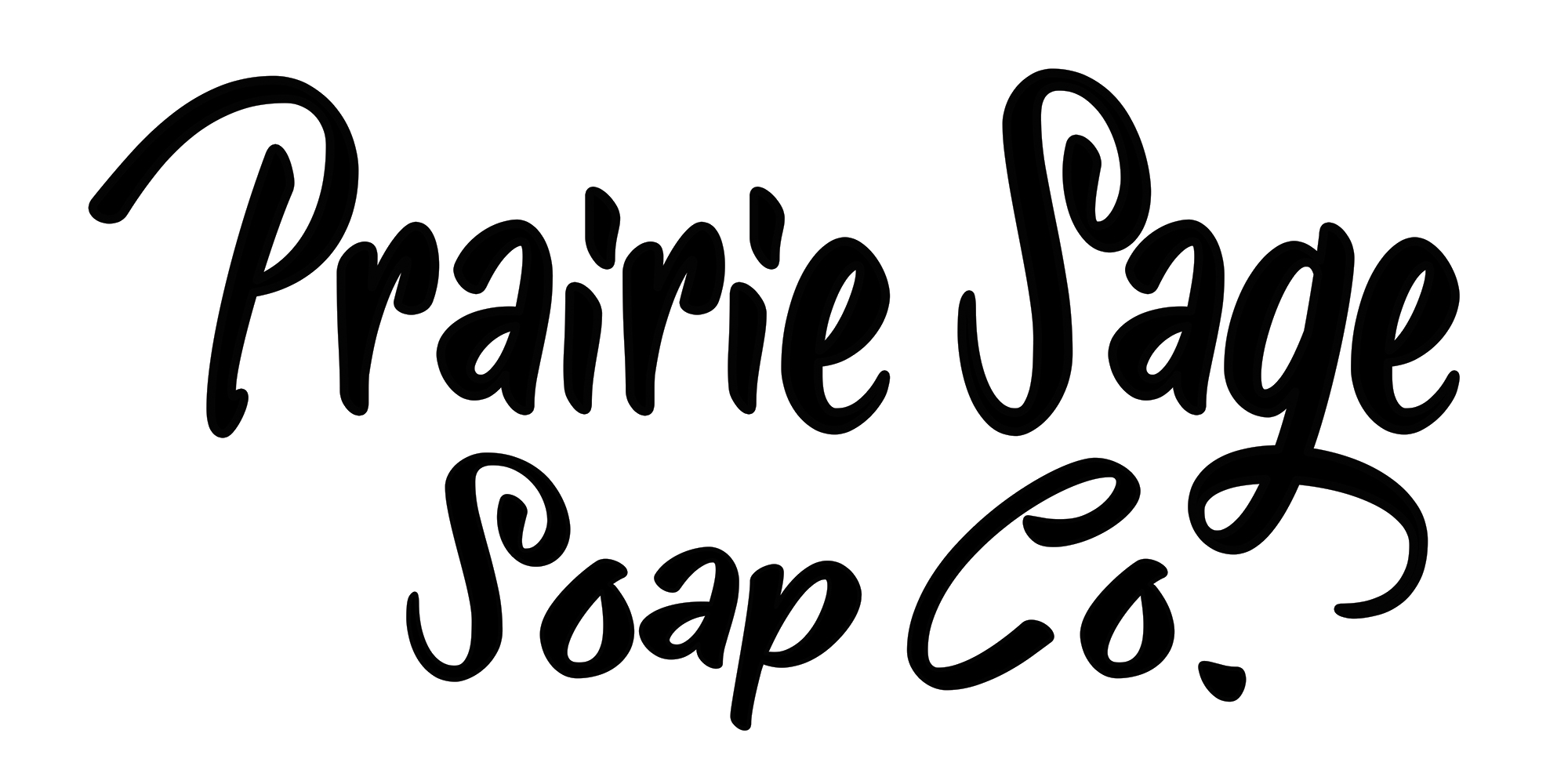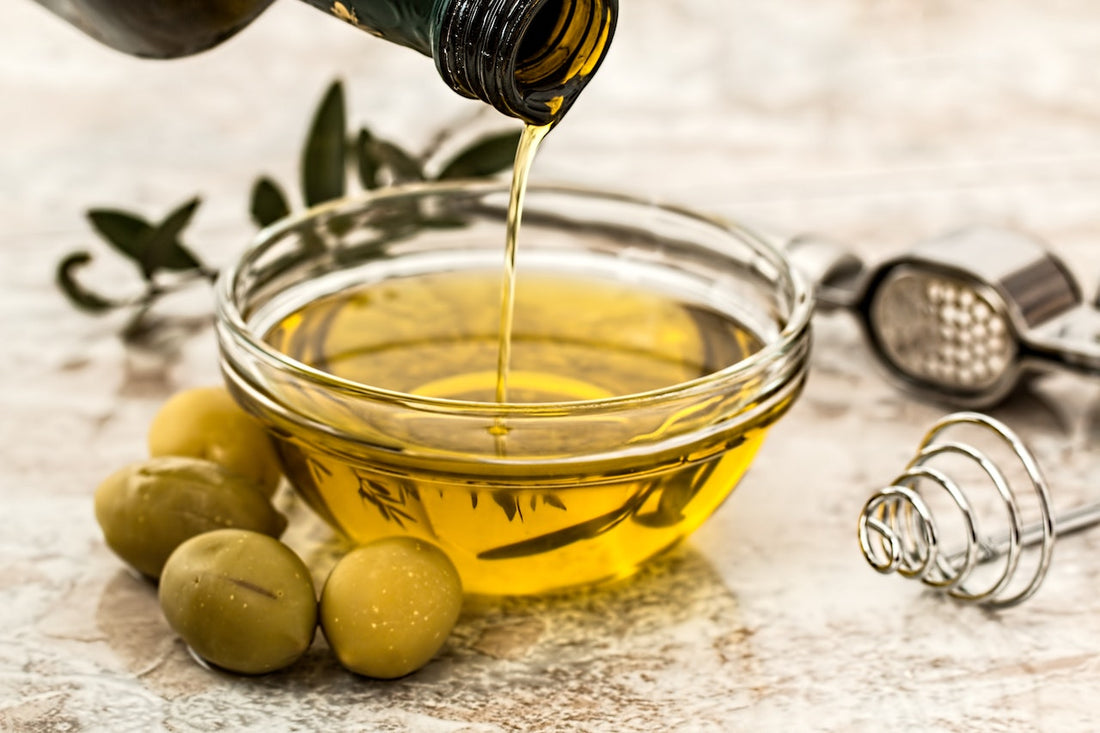Olive Oil Soap: The Benefits, How to Use, and a DIY Recipe
Could your skin use some help, or are you wondering if the current soap is doing more harm than good? If so, you're not alone, most commercial soaps are harsh and stripping to the skin. Olive oil soap, on the other hand, is a great alternative because it is made with natural ingredients packed with antioxidants and fatty acids that can help to moisturize, soothe, and protect your skin.
Let’s dive deeper into the benefits of olive oil soap.
Benefits of Olive Oil Soap for the Skin
You may wonder if olive oil soap is good for your skin. Olive oil soap is a natural cleanser that has been used for centuries for its skin-soothing and moisturizing properties. It is made by combining olive oil with lye, a natural chemical that causes the oil to saponify or turn into soap. The resulting soap has many benefits, including the following.
- Moisturizes dry skin: Olive oil is a natural moisturizer that can help to hydrate dry skin and leave it feeling soft and smooth.
- Soothes sensitive skin: The gentle formula of olive oil soap can help to soothe irritated skin and reduce inflammation.
- Protects against acne: The fatty acids in olive oil can help to balance the skin's oil production and prevent breakouts.
- Exfoliates the skin: The gentle scrubbing of olive oil soap can help remove dead skin cells and reveal healthy skin underneath, helping to exfoliate the skin.
- Leaves skin feeling soft and smooth: The moisturizing properties of olive oil can help to hydrate the skin and make it feel supple, leaving the skin feeling soft and smooth.
Olive oil is a great option if you're looking for a natural, gentle soap on your skin.
How to Use Olive Oil Soap

Olive oil soap can be used as a body wash or facial cleanser, and it is a gentle and effective way to keep your skin clean, hydrated, and protected.
To use olive oil soap, simply wet your skin and lather the soap into a foam, just like you would with other soaps. Rinse the soap off thoroughly with warm water. Use olive oil soap as often as you need.
Here are some additional tips for using olive oil soap:
- Use warm water, not hot water. Hot water can strip away the natural oils from your skin, leaving it dry and irritated.
- Avoid using olive oil soap on open wounds or cuts. Olive oil soap can sting and irritate open wounds.
- Olive oil soap can be used on all skin types, but it especially benefits people with dry, sensitive, or acne-prone skin.
- If you have sensitive skin, dilute the olive oil soap with water before using it.
If you are looking for a natural and gentle cleanser, olive oil soap is a great option. Try it today and see the difference for yourself!
Potential Side Effects of Olive Oil Soap
Olive oil soap is generally safe, but it's important to remember that it may cause mild side effects in some individuals. These could include dryness, irritation, rash, hives, or even eczema. If you experience any of these symptoms, it's best to discontinue use and speak with a doctor.
It's worth noting that since olive oil soap is a natural product, some people may be allergic to it. If you have any allergies, it's advisable to test a small area of your skin before applying the soap more extensively.
Overall, olive oil soap is an effective and safe cleanser for most people. Just keep in mind the potential side effects and take the necessary precautions to avoid any issues.
Simple DIY Olive Oil Soap Recipe

Ready to make your own olive oil soap? This simple recipe is perfect for beginners. For a more in depth look at making your own soap, check out our article titled "How to make your own Olive Oil soap at home". All you need are a few basic ingredients and some basic kitchen equipment. So gather your supplies, and let's get started!
Ingredients:
- 17 ounces extra virgin olive oil ( 85%)
- 2 ounces of coconut oil
- 1-ounce castor oil
- 2.62 ounces lye
- 6.48 ounces of distilled water
Equipment:
- Electronic digital scale
- Heat resistant bowls
- Heat-resistant silicone spatula
- Thermometer
- Safety goggles
- Rubber gloves
- Sharp knife
- Cardboard or newspaper
- Soap mold
- Ice
- Grease-cutting dish detergent
Instructions:
- Prepare your workspace. Wear protective eye goggles, rubber gloves, and a face mask. Cover your work surface with newspaper or cardboard.
- Weigh your ingredients. Use an electronic digital scale to weigh the olive oil, coconut oil, castor oil, lye, and distilled water.
- Prepare the lye solution. Slowly pour the lye into the distilled water in a heat-resistant bowl, stirring constantly. The solution will become very hot and cloudy. Do not breathe the fumes.
- Melt the coconut oil. In a microwave-safe bowl, heat the coconut oil on low heat until melted.
- Combine the oils and lye solution. In a large heat-resistant bowl, combine the melted coconut oil, olive oil, and castor oil. Slowly pour the lye solution into the oil mixture, stirring constantly.
- Trace. Continue stirring until the soap mixture reaches trace. Trace is when the soap mixture is thick enough to leave a trail when drizzling over the surface.
- Add essential oils. Once the soap mixture has reached trace, you can add essential oils, if desired. Stir the essential oils into the soap mixture until they are evenly distributed.
- Pour the soap into a mold. Pour the soap mixture into a mold. Cover the mold with cardboard and wrap it in a blanket or towel.
- Let the soap cure. Let the soap cure for at least 24 hours. After 24 hours, the soap should be firm enough to unmold.
- Unmold and cut the soap. Unmold the soap and cut it into bars.
- Let the soap cure for at least six weeks. The soap will continue to cure for at least six weeks. During this time, the soap will harden and develop its final properties.
- Enjoy your homemade olive oil soap!
Don’t have the time or resources to make your own soap? Don’t worry that’s why we’re here. Check out our handcrafted soaps.
Conclusion
So there you have it! Olive oil soap is a great natural alternative to harsh commercial soaps. It's gentle, moisturizing, and effective, making it a great choice for all skin types. So next time you're looking for a new soap, give olive oil soap a try. You might just be surprised at how much you love it!





